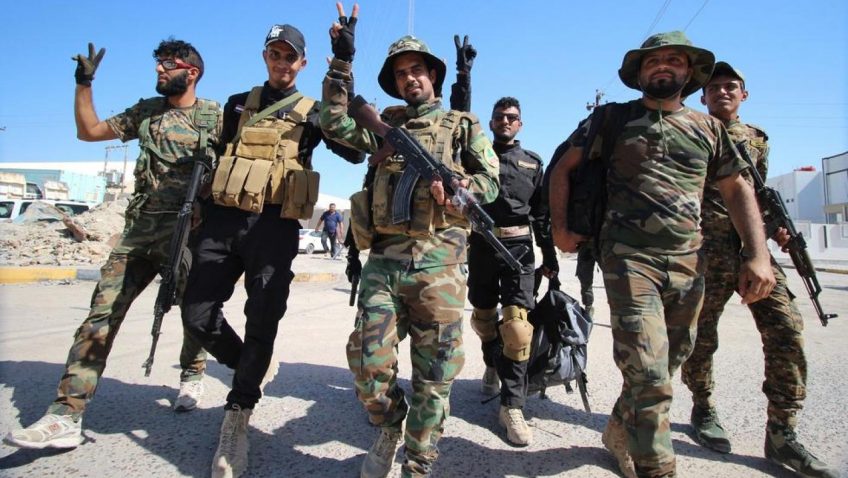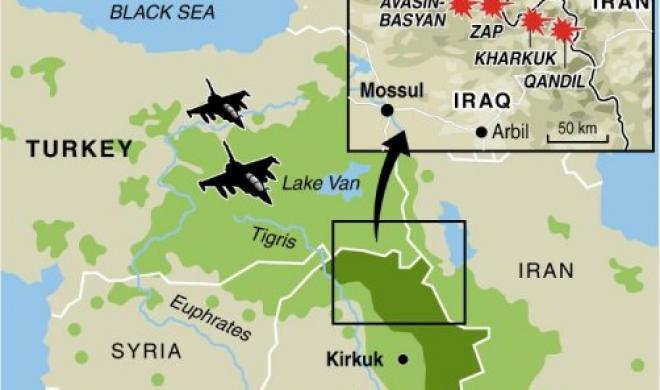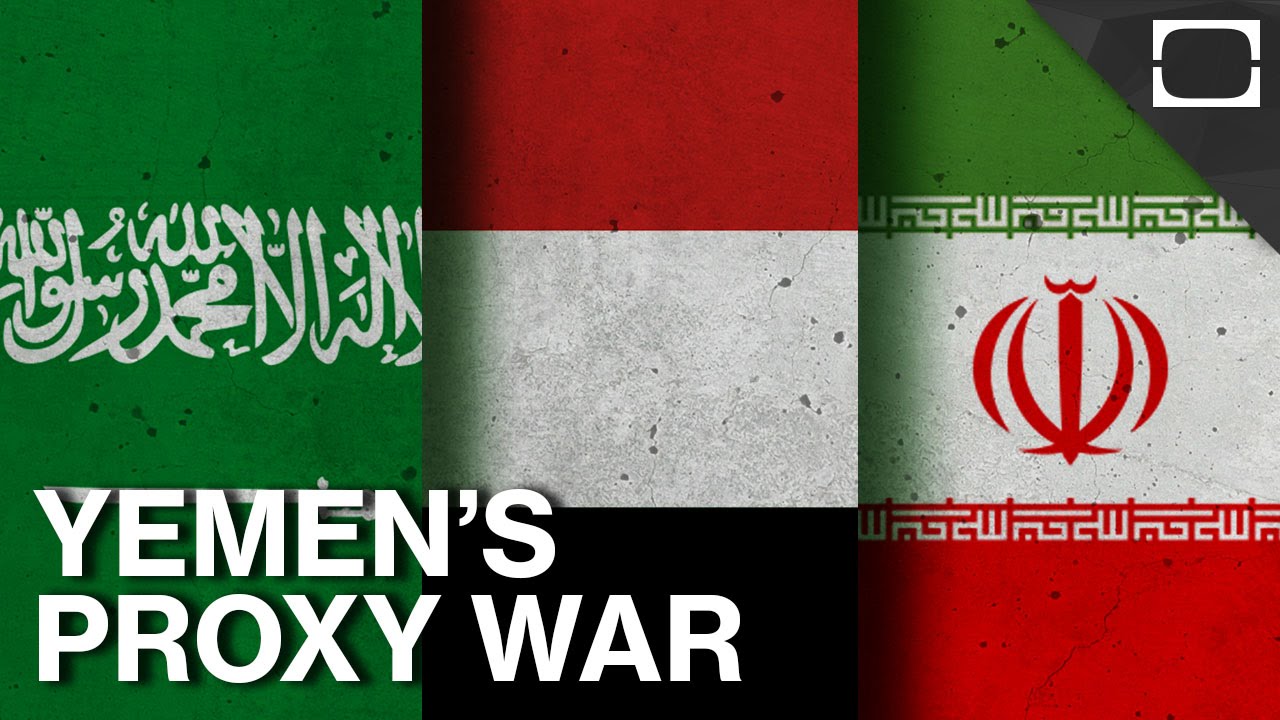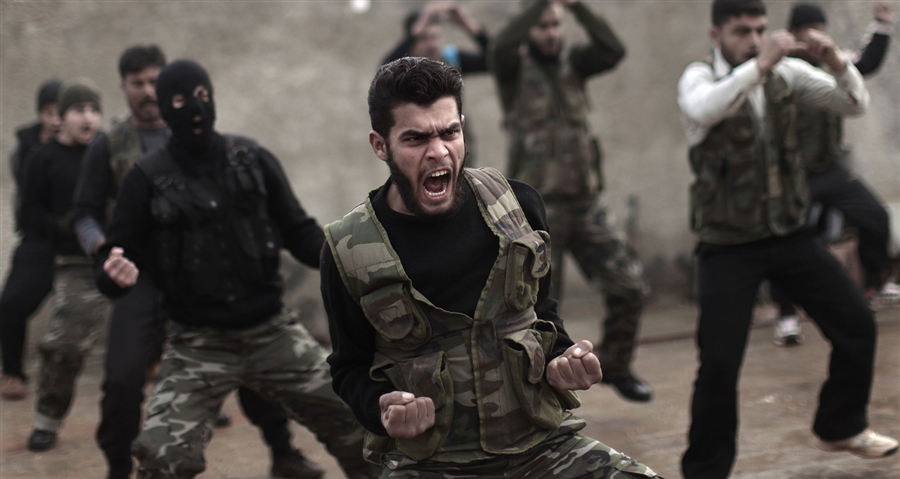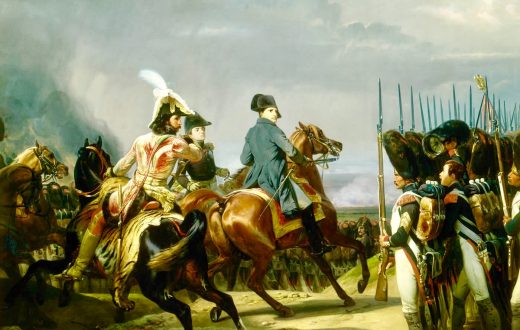After the toppled of Saddam regime in 2003, the Bush administration policy has decided to create new system for Iraq on the primes comprehensive action as called “ethnic power sharing” in this system the multi-ethnics of Iraq have been accommodated on the based equality of distribution of power between the prominent ethnics of Kurds, Shia, and Sunni.
Post-collapse of the Iraqi regime, the Shia ethic-majority gradually dominated over the statue of the Iraqi system simultaneously Sunni became decline beside. Shia began revival after the cleric decision of Said Ali Al-Sistani’s (prominent Iraqi Shia leader cleric) when he proclaimed for the participation of Shia proudly in 2005 parliamentary election, so they became a block to win the election successfully to get the majority of sets which they succeed easily. In order to the Shia won the parliamentary election soon they have taken the prominent Iraqi posts like a prime minister. When the Al-Maliki came to power in 2006 the sectarianism chaos speared across the country during the all his eight-years of term presidency in Anbar, Salahadin, Tikrit, and Mosul provinces.
Nouri Al-Maliki suitably could restore the stability for Iraq with relied on the US, Kurds, and Iran as part of his policy to disarm Sunni and Shia militias in Baghdad, because he believed that Iraq should be cleaned from the factions of militias to keep military and security sectors professionally. Then AL-Maliki step by step has started to transform Iraqi political statue to one-party rule and also he applied the policy of Sunni ethnic cleansing in Baghdad, for instance, the Sunni Baghdadi populations in 2003 were about 45% but in 2007 they became declined-ethnic in the city which was about 25% due to his sectarianism policy ethnicity.
With this Shia momentum the institutions of court, police, and military became corrupted prominently and the nominations of candidates just allowed Shia affiliation minds to administer the posts while Sunni deprived publicly, in order to the majority of Sunni stuffed in the cities of Al-Anbar, Al-Salahadin, and Mosul, during that time Sunni peoples thought like powerless minority and they sought for power to protect them safely from the Shia institutions- elimination trend so this is the only reason ISIS controlled these geographic lands easily in 2014 as part Sunni views for ISIS as rescuer and shelter.
After the defeated of Iraqi military system in front of the ISIS-black momentum, Al- Sistani again declared another sensitive fatwa for Shia peoples in Iraq to protect themselves security on based sectarian rather than nation, due to this cleric-decision Iran was glade-eye to involve eagerly to form Hashed Shabi militias with training and new weapons and then Hashed Shabi became de facto after defeated of Iraqi army system and John Kerry’s plan to form national guards to fight ISIS. The national guards plan on the one hand was a plan to collect all the Iraqi divers’ ethnicity to fight ISIS and on other hands to reconstruct the Iraqi military and security sectors on based non-discrimination of Iraqi security between various ethnics Kurds, Sunni, and Shia to become one strong hand. Although the Iraqi parliament passed the law of establishment of national guards but then failed to approve because it was impossible to make the common agreement between all the different ethnic aspirations.
Hashed AL-Shabi is an Iraqi military organization which includes “40” types of militias with features of different ethnics like Sunni Muslim, Christian, and Yazidi deployed in different regions of Iraq under the Shia ideology umbrella. The purpose of creation of this militia unity in Iraq belonged to the eradication of ISIS which they assaulted Iraq in 2014 to launch their Caliph-state. Now the popular mobilization forces have their own salaries and ranks and they are considering as a part of Iraqi military sector when Haider al-Abadi former prime minister allocated necessary services for them.
Despite the liberation of Iraq under the black claw of ISIS, these militias have accused in charging of illegal and extensive crime in Iraq like the provocation of sectarianism, smuggling of oil wheels, selling of drugs, and their affiliations to dominate Iranian influence over Iraq. This military organization wants to maintain in Iraq permanently as a secret of model Iranian revolutionary guards and this brings deform of security and military sectors meanwhile militarization of Iraq state if they will not be dissolved soon.
Recently the Iraqi sovereignty faced some declined waves after the external intentional intervention by regional and international powers, so in order to Iraq now is considering as “hybrid state” which means that Iraq has no active institutions like other states to protect its sovereign legitimacy from the integrated territorial concept to the security and civilian rights concepts. There is not only the hybrid state phenomenon model in Iraq but also there is the same model of the state in Syria and Libya and Yemen. For instance Iraq now suffers one of the most dangerous webs of fall which not allow Iraq to rescue itself from the constant of failed state like, lack of democracy, useless of elections to change power, the highest level of corruptions, lack of security, hopeless of Iraqi populations, the weak of institutions ability to apply their duties powerfully and the rise of non-state actors in particular armed groups to separate Iraqi integrity.
At last, Iraqi state life with popular mobilization forces “Hashed Shabi” will conclude with this equation, the militia organization networks dominate over the military and security systems gradually, the declination of Iraqi centrality due to sectarianism waves, the constitution does not provide Iraqi nationality rights otherwise will provide custom laws inequality and the aspiration of other ethnics to separate from the Iraqi Shia state for example, Kurds and Sunni do not look Iraqi state as adherence national government rather they look like only Shia provider state.
Here are some branches of Shia militias in Iraq
- Saraya Al-salam / Sadrist
- Badr-Corps-military wing the Badr Organization
- Kata’ib Iraqi Hezbollah –
- Asa’ib Ahl- Haq
- Kata’ib Sayyid al-Shuhad
- Kata’ib Hezbollah Al- Nujaba

